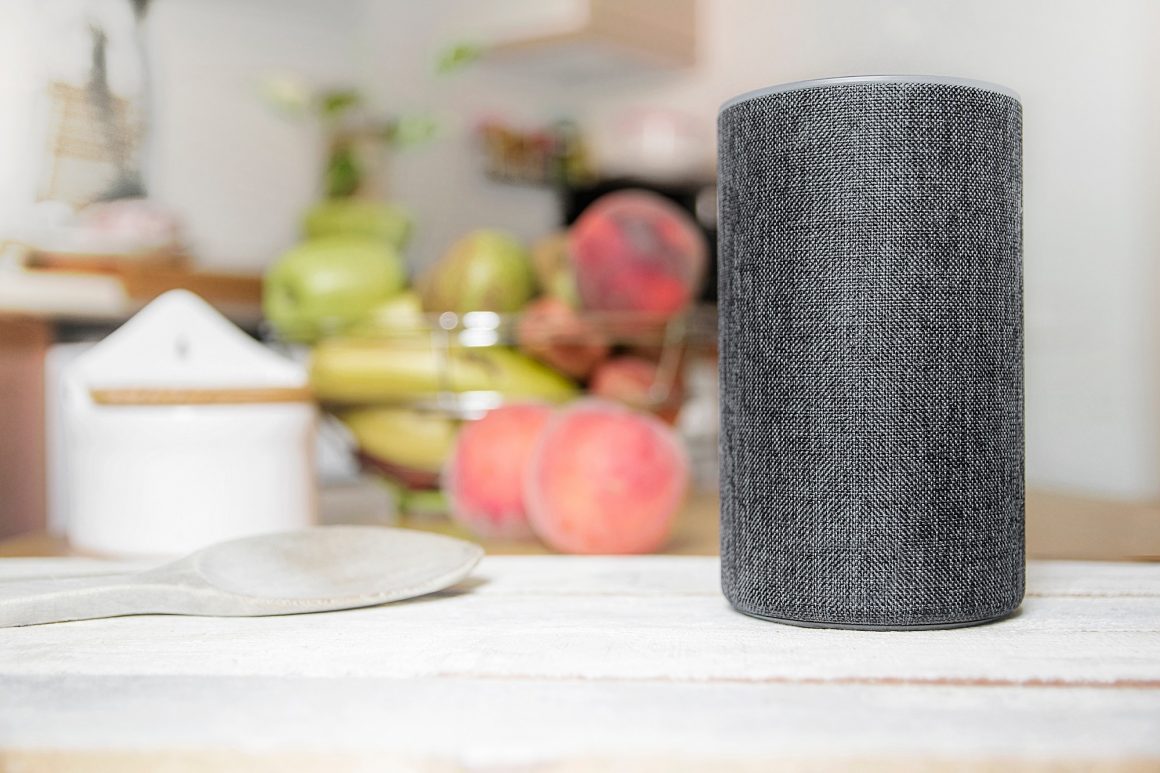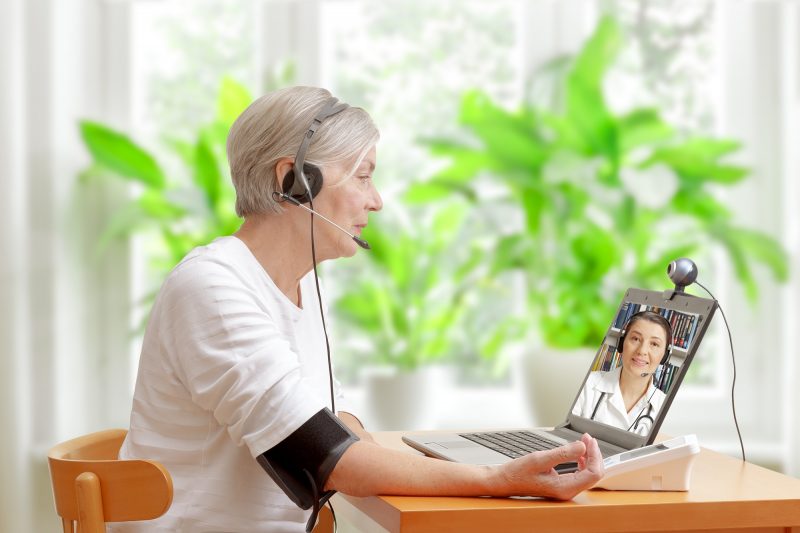Technology changes aspects of how we live our lives in new ways seemingly every day, from how we get around to how we stay connected. But it’s also changing things that are universal to the human experience, no matter where you live or who you are.
Aging is something that we all experience and that impacts every aspect of our lives. But modern technology is now changing how we interact with the world just as much in our later years as our youth. Whether it’s easing the burden of getting us around, connecting with caregivers, increasing safety or challenging us in ways that promote cognition, technology has important impacts for both how we age, and how we perceive the aging process.
Here are five of the most common ways technology is impacting the aging process.
Receiving Care
As the Baby Boom generation ages, the number of caregivers required to keep up with the demand for care far outpaces the amount of young people entering careers in home care, nursing and related healthcare fields.
To meet the needs of older adults, technology is playing an important role in maintaining the standards of care needed. Whether it’s remote patient monitoring platforms, telehealth offerings and even the potential for robotic caregivers capable of fulfilling basic tasks, tech is replacing tedious work and providing more regular insight for caregivers so that they can better engage patients regarding their health.
Getting Around
Transportation can be a challenge for some elderly individuals, as is getting around on foot. When it comes to the latter, tools such as Alexa or other digital home assistants can serve as panic buttons or methods to contact help in their own way. Motion sensors can detect falls or notify loved ones if there is data to suggest an event, such as late night exits or doors left open.
When it comes to leaving the house, that may soon become easier for seniors with the proliferation of self-driving cars. For those who prefer to walk, cities looking to offer as much smart technology as possible within in their limits are looking at talking street signs to help people navigate the city easier and to answer questions about the area as needed.
Scheduling and Reminders
Digital home health assistants can also be used to do things like set reminders about upcoming appointments and important days in one’s personal life, such as a friend or loved one’s birthday or anniversary. For patients suffering from Alzheimer’s or dementia, this can be an incredibly useful tool in regards to their quality of life and ability cope with the disease.
Tools like Alexa or Google Home, are also important as they are in the early stages of development as healthcare tools. Amazon for its part is now working on HIPAA compliant health skills for Alexa, and last year selected a winner to its first ever Alexa Diabetes Challenge. The winner was a platform called Sugarpod which, according to Amazon, creates an “interactive diabetes care plan solution that provides tailored tasks based on patient preferences and is delivered via voice, mobile, video, and web interactions.” It also includes the use of a smart foot scanner.

Apps for Cognition
Whether it’s memory, executive function, decision making, wayfinding or processing speed, there are apps designed by researchers to help older adults maintain cognition later in life. Take Brain HQ, for example, a platform designed by neuroscientists that allows an older adult to set training goals and to track their progress. It includes 29 built in exercises to help you work on attention, navigational skills, speed of thought, memory, problem solving and sociability.
Telehealth Consults
Getting to the doctor is a task that increases in frequency but not necessarily in simplicity as we age. Many seniors suffering from losses in mobility or who cannot drive have to make special arrangements to see the doctor in person, all for a visit that could be done using Skype or a similar online meeting service.
As telehealth has become more commonplace and a more well-rounded practice for physicians, it is also becoming more heavily emphasized by health insurance providers looking to mitigate risk and decrease the cost of care. If it isn’t something that requires an in-person visit, taking advantage of telehealth services may be the way to go for any senior looking to simplify the care they receive.
